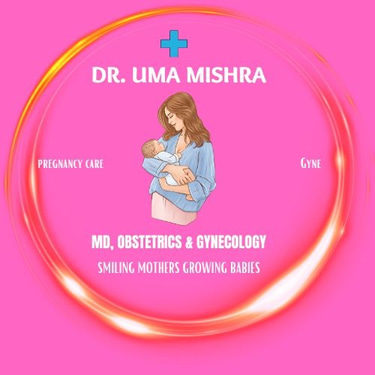A Comprehensive Guide to Fish Consumption – Benefits, Risks, and Gynecologist's Advice
Embark on a journey through the complex waters of fish consumption during pregnancy with our comprehensive guide. Delve into the advantages of including fish in your diet, such as omega-3 fatty acids and essential proteins, crucial for the development of your baby's brain and overall health. Uncover potential pitfalls, including mercury contamination and allergenic risks, that require careful consideration. Learn about the safe and nutritious fish varieties suitable for pregnant women. Understand why the advice of a gynecologist is indispensable – from monitoring mercury levels to tailoring dietary recommendations based on individual health conditions. Whether you're a mother-to-be seeking optimal nutrition or a healthcare professional guiding patients, this resource provides essential insights for a healthy and informed pregnancy journey.
Dr Uma Mishra, Gynecologist
2/20/20242 মিনিট পড়ুন


Advantages and Disadvantages of Eating Fish During Pregnancy:
Advantages:
1. Omega-3 Fatty Acids: Fish, especially fatty fish like salmon, mackerel, and sardines, are rich in omega-3 fatty acids. These essential nutrients are crucial for the development of the baby's brain and eyes.
2. Protein Source: Fish is an excellent source of high-quality protein, which is essential for the growth and development of the baby.
3. Vitamin D: Certain types of fish, such as salmon and mackerel, are good sources of vitamin D, which plays a role in bone health for both the mother and the baby.
Disadvantages:
1. Mercury Contamination: Some fish, particularly larger predatory species, may contain high levels of mercury, which can be harmful to the developing fetus. Mercury can affect the nervous system and may lead to developmental issues.
2. Potential Contaminants: Fish from polluted waters may contain contaminants such as PCBs (polychlorinated biphenyls) and dioxins, which can have adverse effects on fetal development.
3. Allergic Reactions: Some individuals may be allergic to certain types of fish, leading to allergic reactions that could pose risks during pregnancy.
Fish Suitable for Pregnant Women:
1. Salmon: Rich in omega-3 fatty acids and vitamin D, salmon is a nutritious choice for pregnant women.
2. Trout: A good source of protein and low in mercury, trout is a safe option during pregnancy.
3. Sardines: Packed with omega-3s, calcium, and vitamin D, sardines are a small, low-mercury fish option.
4. Shrimp: Low in mercury and high in protein, shrimp is considered safe for pregnant women when cooked properly.
5. Catfish: A low-mercury fish, catfish provides a good source of protein for pregnant women.
Considerations and the Role of a Gynecologist:
1. Mercury Levels: Gynecologists can advise on the types and amounts of fish that are safe to consume based on their patients' individual health, considering mercury levels and potential contaminants.
2. Nutritional Requirements: Gynecologists can provide guidance on meeting nutritional requirements during pregnancy, including the importance of omega-3 fatty acids and other essential nutrients found in fish.
3. Individual Health Conditions: Gynecologists take into account any pre-existing health conditions or allergies that may affect a woman's ability to include certain types of fish in her diet.
4. Monitoring Mercury Intake: Regular monitoring of mercury intake is crucial during pregnancy. Gynecologists can guide women on safe fish consumption levels to minimize the risk of mercury exposure.
5. Overall Dietary Advice: Gynecologists play a key role in providing holistic dietary advice during pregnancy, ensuring that women receive the necessary nutrients for a healthy pregnancy while avoiding potential risks associated with certain foods.
In summary, while fish can be a valuable part of a healthy pregnancy diet, it's important for pregnant women to make informed choices, taking into consideration the potential advantages and disadvantages. Consulting with a gynecologist ensures personalized guidance tailored to individual health needs and circumstances.
